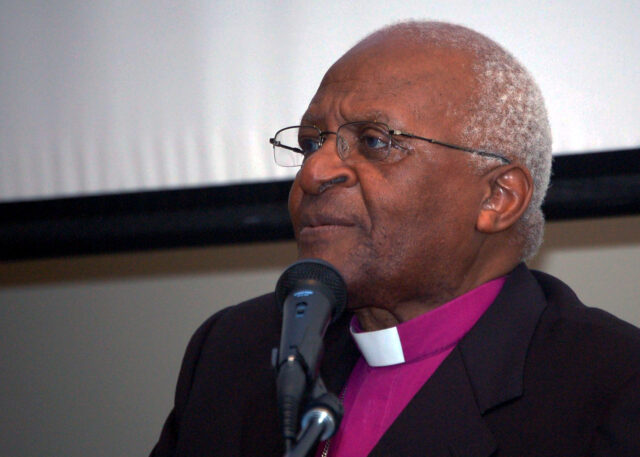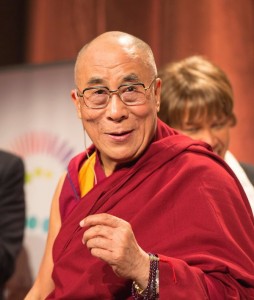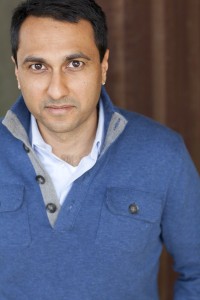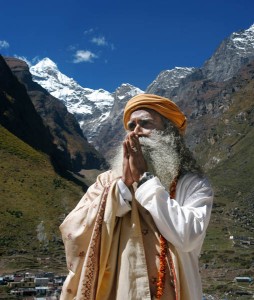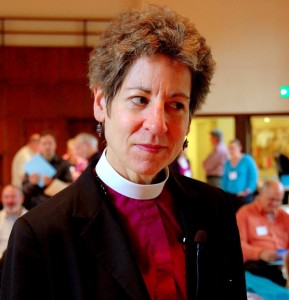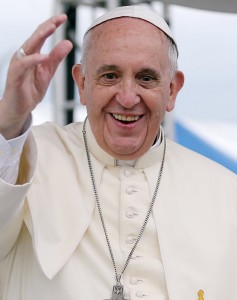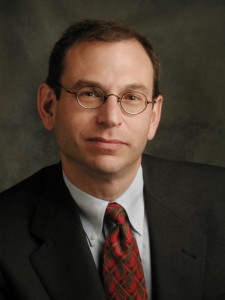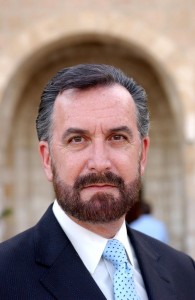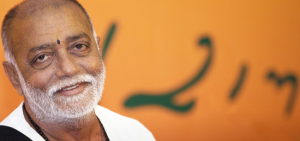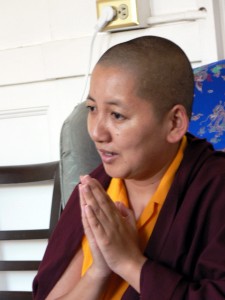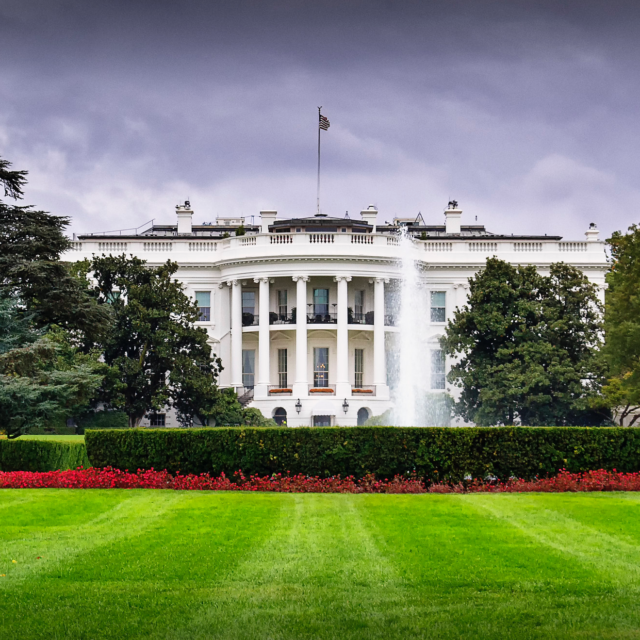By Razan Azzarkani, ONE Faith Outreach and Mobilization Intern
Spiritual leaders have always been at the forefront of social justice issues. Check out these quotes from faith leaders on fighting poverty, practicing compassion, and working towards creating a more equitable world!
Abdu’l-Baha (Baha’i Faith)
“Hearts must be so cemented together, love must become so dominant that the rich shall most willingly extend assistance to the poor and take steps to establish these economic adjustments permanently.”
Guru Nanak Dev Ji (Sikh Guru)
“Make compassion the cotton, contentment the thread, modesty the knot and truth the twist. This is the sacred thread of the soul; if you have it, then go ahead and put it on me.”
Jetsunma Tenzin Palmo (Tibetan Buddhist nun)
“We have to cultivate contentment with what we have…Cultivate generosity. Delight in giving. Learn to live lightly. In this way, we can begin to transform what is negative into what is positive. This is how we start to grow up.”
Dalai Lama (Tibetan Buddhism)
“If you want others to be happy, practice compassion. If you want to be happy, practice compassion.”
Eboo Patel (Founder and President of Interfaith Youth Core)
“Show me a religion that doesn’t care about compassion. Show me a religion that doesn’t care about stewardship of the environment. Show me a religion that doesn’t care about hospitality.”
Hamza Yusuf (American Islamic Scholar and co-Founder of Zaytuna College)
“Not only is there a benefit to yourself when you’re less egocentric, but it is making it a lot easier for other people. And so when the more people do that, the better life becomes…If you get a critical mass of people doing that, then you really begin to create Paradise on earth.”
Rev. Dr. Katharine Jefferts Schori (26th Presiding Bishop of the Episcopal Church)
“Healing the worst of the poverty in this nation is intrinsically connected to restoring human beings to right relationship with the rest of creation.” (Called to Serve conference in April 2010).
Pope Francis (Catholic Church)
“In a world where there is so much wealth, so many resources to feed everyone, it is unfathomable that there are so many hungry children, that there are so many children without an education, so many poor persons. Poverty today is a cry.” (Pope Francis, Meeting with Students of Jesuit Schools—Q&A, 6/7/13)
David Saperstein (Director of the Religious Action Center of Reform Judaism)
“So, too, we recognize today that governmental responses and individual responses must work in tandem if we are to effectively ameliorate global poverty.”
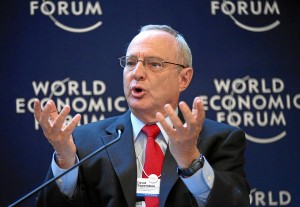
David Saperstein, Director, The Religious Action Center of Reform Judaism, USA. Photo credit: World Economic Forum
Rabbi Robert Barr (Founding Rabbi of Congregation Beth Adam)
“By embracing our obligation to assist all people in need, regardless of race, religion or nationality, we have the capacity to ensure social justice for coming generations.”
Rabbi David Rosen (Director of the American Jewish Committee’s Department of Inter religious Affairs and Harriet Heilbrunn Institute for International Inter religious Understanding)
“Our responsibility to care for the poor and eradicate poverty is meant to be the expression of human solidarity, the manner in which we act is of significance as well even when we are not able to provide materially.”
Morari Bapu (Hindu kathakaar)
“The purpose of the soul is truth; the purpose of our life is love; and the purpose of this universe is compassion.”
Desmond Tutu (South African social rights activist and former Anglican bishop)
“Do your little bit of good where you are; it’s those little bits of good put together that overwhelm the world.”
Jetsün Khandro Rinpoche (Tibetan Buddhism)
“In order to make your heart moist with compassion, you will have to become brave enough to look straight into the eyes of the pain and suffering of others. You will have to look into the needs of people’s minds and see their hunger, anxiety, apprehensions, and insecurities. You will have to be able to read beneath the makeup and polite words— and through that develop a sympathetic attitude.”
